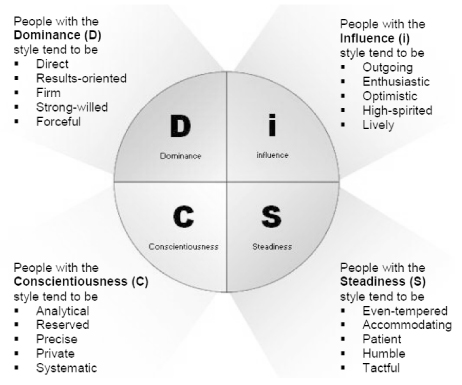1Department of Nursing, Chungbuk National University, Cheongju, Korea.
2Cheongju St Mary's Hospital, Korea.
3Department of Nursing, Mokpo National University, Muan, Korea.
Copyright © 2013 Korean Academy of Nursing Administration

Nurses' Perception and Experience of Medication Errors (N=308)
Comparison of Perception and Experience Level by Population Characteristics (N=308)
*Missing data excluded
Comparison of Behavior Styles by Population Characteristics (N=182)
*Missing data excluded
D=Dominance; I=Influence; S=Steadiness; C=Compliance.
Comparison of Perception and Experience Level by Behavior Styles (N=182)
*Missing data excluded
*Missing data excluded D=Dominance; I=Influence; S=Steadiness; C=Compliance.